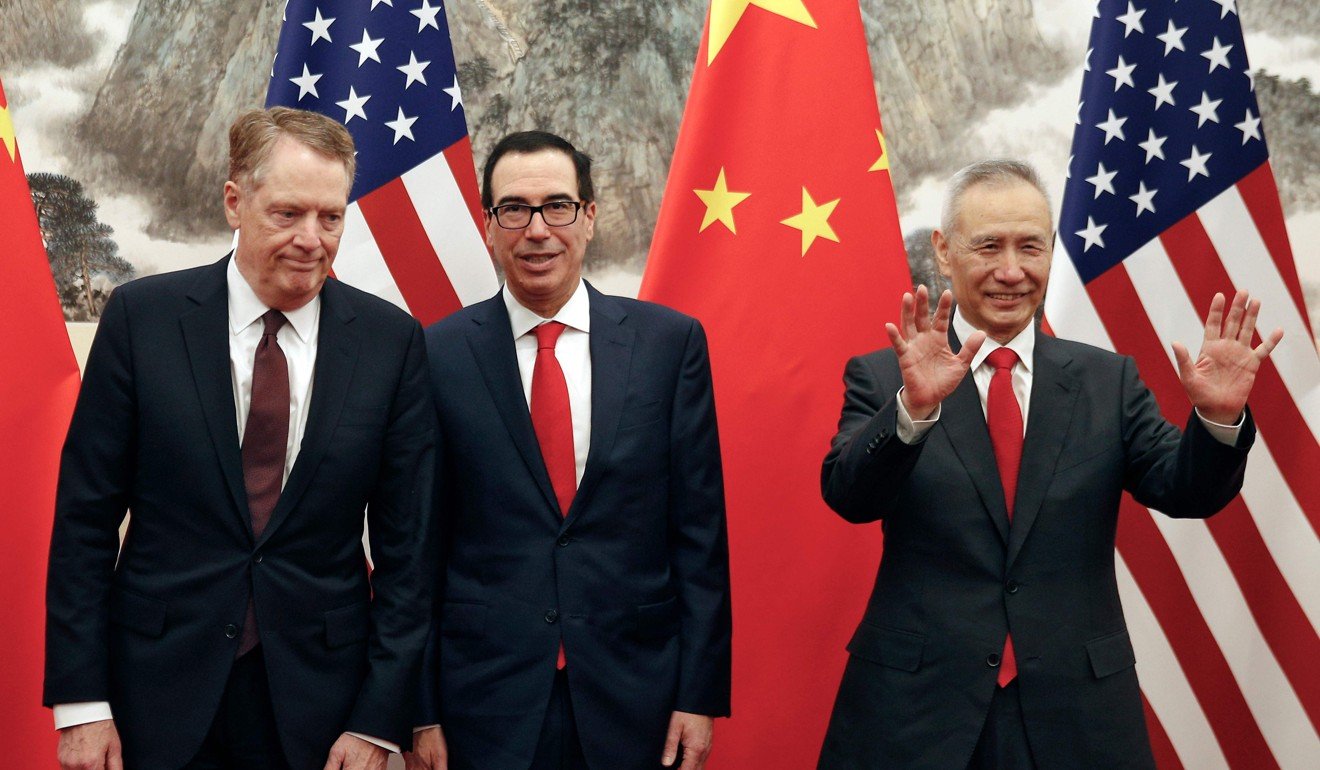Hold onto your hats, folks! The European Central Bank (ECB) has just thrown in the towel – and frankly, it’s about damn time! Sources are spilling the beans that policymakers unanimously agreed to a rate cut on Thursday. Even the hawks, those traditionally cautious voices, are admitting the global trade wars are a full-blown disaster for the economic outlook.

Seriously, the sheer unpredictability of Trump’s trade tantrums has forced their hand. Remember back in April when some ECB members were mumbling about hitting pause on rate cuts? Yeah, well, forget that noise. The US’s utterly erratic trade policies have sent global financial markets into a tailspin, and the ECB simply had to react.
Let’s break down why this matters. It’s not just about numbers on a screen; it’s about protecting real people and businesses. A rate cut essentially makes borrowing cheaper, encouraging investment and spending. But here’s the kicker: it’s a clear signal that the ECB is seriously worried about a looming recession.
Knowledge Point: Understanding the Impact of Trade Wars & Rate Cuts
Trade wars create uncertainty, stifling investment. Businesses hesitate to expand when they don’t know what tariffs might hit their products. This reduced investment leads to slower economic growth.
A rate cut is a monetary policy tool used by central banks. Lowering rates reduces borrowing costs for businesses and consumers. This aims to stimulate economic activity.
The tricky part? Rate cuts can also devalue a currency. While that can boost exports, it also increases import costs, potentially fueling inflation.
Ultimately, the ECB’s decision shows just how deeply concerned global economic leaders are. It’s a desperate attempt to cushion the blow of a situation largely orchestrated by Washington’s chaos. This isn’t a victory; it’s damage control, plain and simple.






